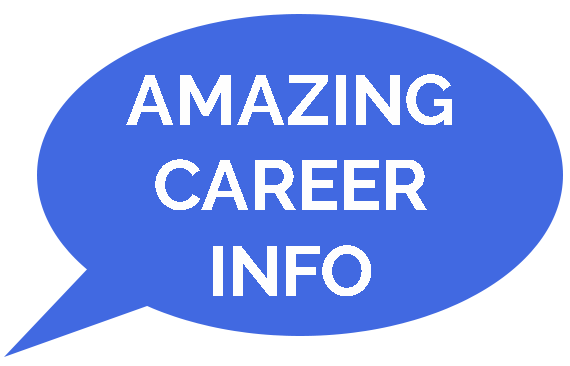Alexander Fleming
$1.00
Discover how a lack of orderliness in his lab, led to Alexander Fleming discovering penicillin. The most powerful of all antibiotics, it has changed the face of medicine in a profound way. His initial work and publications on this started what was to become the development of one of the most important scientific and medical discoveries in history. Where would we be without it today?
Related products
-
Isaac Newton
Be inspired by ‘the greatest genius who ever lived’ as Sir Isaac Newton tells his own incredible story in this inspirational publication from The Amazing People Club®. Born into a wealthy farming family, Isaac’s intellectual flair was spotted early on by his schoolmaster. Follow Isaac’s meteoric rise through his years at Cambridge University, his membership and subsequent presidency of the Royal Society, his position as Master of the Royal Mint, his seat in the House of Parliament, and his eventual Knighthood. Along this journey, read how Newton came to challenge long-held scientific theories and change the way we see our world and our universe through his startling mathematical, astronomical and scientific discoveries.
Categories: Inventors, Politicians, Scientists$1.00 -
James Lind
Discover how James Lind became an outstanding clinician, responsible for saving countless lives to this very day. His revolutionary medical career led him to the title of ‘the Pioneer of Clinical Trials’. He worked tirelessly to advocate for the prevention of diseases such as scurvy and typhus, assessing them and advising the best way to avoid becoming infected. His efforts and advice influenced Captain Cook and the British Navy in general, and saved the lives of countless seamen.
Categories: Doctors & Nurses, Scientists$1.00 -
Robert Koch
German-born Robert Koch is best known for his research and discoveries into tuberculosis. Considered as one of the founders of bacteriology, Robert worked tirelessly and with great patience, applying his detailed knowledge and experimental skills to all projects. His discovery of the germs of both the anthrax and tuberculosis diseases, provided techniques and methods for others to use in identifying other germ-caused illnesses. His sheer determination and persistence has had a major impact on the medical world and his story deserves wide recognition.
Categories: Doctors & Nurses, Scientists$1.00 -
Gerhard Domagk
Clean hands and sterilized surgical equipment, are things which we take for granted today. This may well be thanks to Gerhard Domagk, who despite much criticism, insisted that many deaths from infections after surgery were avoidable. Disinfection is an everyday part of our lives today and he developed the first form called Zephirol. His determination saw him continue to make further groundbreaking discoveries in the form of early antibiotics, which have proved to be intrinsic to saving so many lives today. Discover what motivated him to persist with his research that has changed our world.
Categories: Doctors & Nurses, Scientists$1.00





